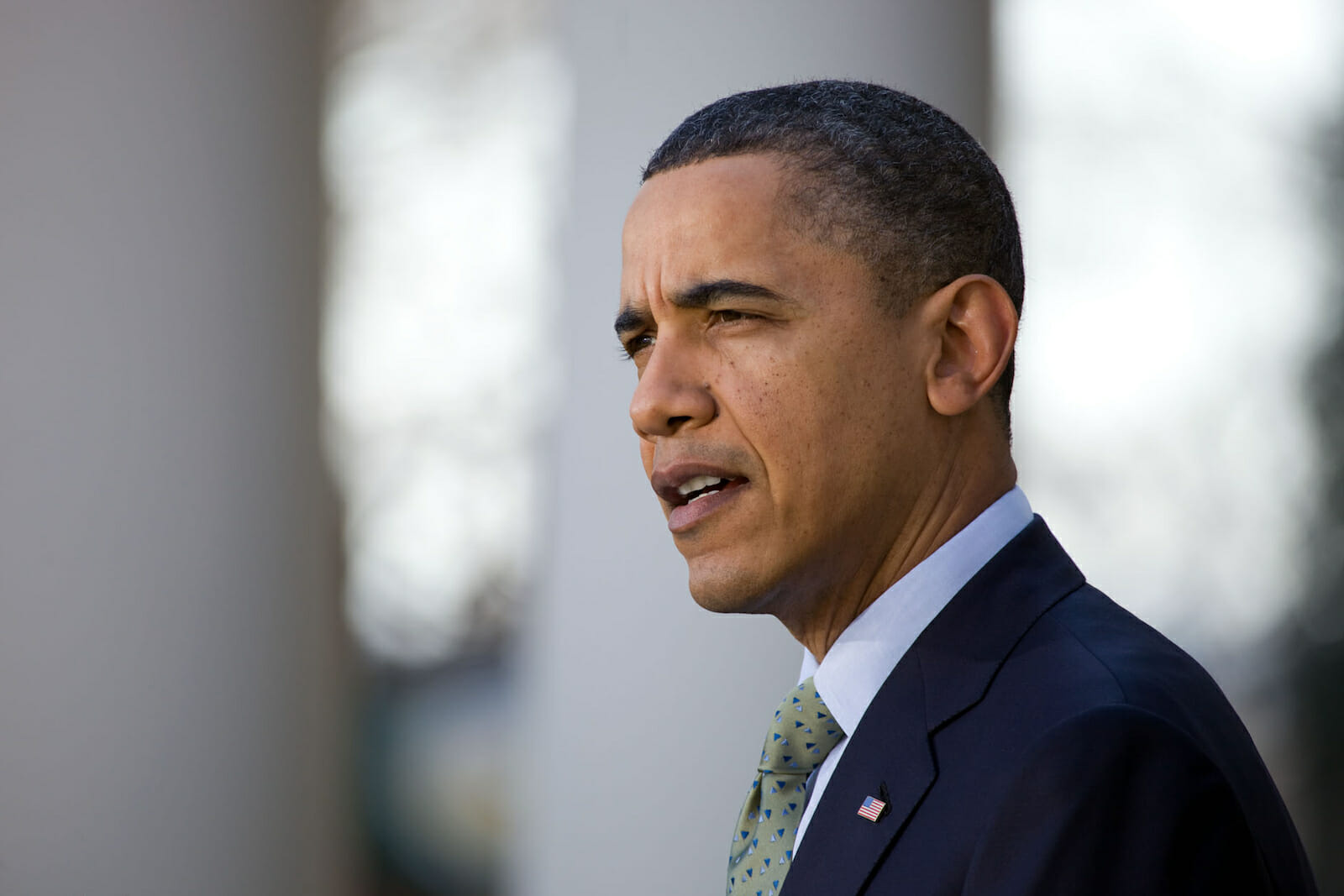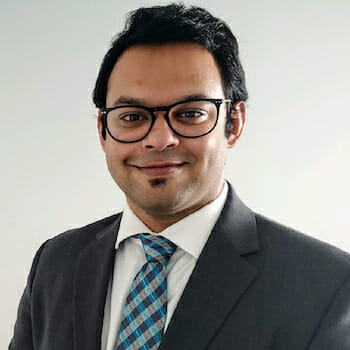
Obama’s Myopic Myanmar Policy
In a recent meeting with Burma’s premier, Thein Sein, at the White House, President Barack Obama recognized his counterpart’s “genuine efforts” to assuage inter-communal tensions. Undoubtedly, Thein Sein was overjoyed to hear Obama refer to Myanmar instead of Burma. This symbolical approval of the former military state’s reforms underpins further nods for reforms that the country has undertaken.
Political and economic reforms in Burma, spearheaded by the ruling government, are aspiring vis-à-vis the country’s previous status of a pariah state. Democracy has taken root and the government has abandoned its long-standing policy of opposition suppression, in particular, silencing Aung San Suu Kyi. Suu Kyi along with 42 of her supporters from the National League for Democracy (NLD) won seats in the 2012 parliamentary elections.
Political and economic reforms have already started to pay off. One of the most significant moves by the Bank of Myanmar (the defunct Union Bank of Burma) is to float their already inflated currency, the Kyat.
Under the previous exchange system where foreign currencies were devalued against the Kyat, the regime could cloak and appropriate the national revenues earned by exporting national resources like gas and wood. The government also enacted a Foreign Investment Law, which is considered investment-friendly. Burma’s government is also allowing foreign institutions to lend money more freely.
The international community has begun to follow the example set by the United States. The Following steps by the United States, the European Union lifted its economic embargo but the arms trade ban is still in place. The World Bank, the IMF, and the Asian Development Bank are rushing to Burma to reinvigorate its languishing economy. Furthermore, Burma’s citizens are now able to use international credit cards for the first time.
However, despite economic and political reforms, the biggest headache for Thein Sein is unsettled ethnic tensions between Rohingya Muslims and Buddhists in the state of Rakhine. Violent clashes between these two groups have been frequently covered in the international media. In lieu of outlining any immediate solution, Burma’s government announced, “it is totally impossible to accept the illegal Rohingya’s” to the visiting UN High Commissioner for Refugees, Antonio Guterres, in July 2012. Even the police arrested three UNHCR staff during the unrest that was sparked by the alleged rape and murder of a Buddhist woman. 10 Rohingya Muslims were killed in the violence with the toll reaching 80 people and hundreds of houses were set ablaze in the subsequent violence. While justifying the apprehension of UNHCR employees the state minister for immigration and border affairs, Thein Htay, claimed that Rohingya minorities have no claim to Burmese citizenship.
Even peace icon Suu Kyi has been noncommittal over this issue. While visiting Japan last April she defended her position, “With regard to whether or not Rohingya are citizens of the country that depends very much on whether or not they meet the requirements of the citizenship law as they now exist.”
Rohingya Muslims have been living in the western part of Burma since it attained independence from Britain in 1947. In an amendment to the law in 1982, which is in principle similar to other ethnic and racially motivated laws, approximately one million Rohingya Muslims were made stateless. The government argued at the time that Rohingya’s came from neighboring Bangladesh which in turn exposed the minority group to state-sponsored violence, persecution, and terrorism. The brutality against Muslim minorities in Rakhine reached new levels in recent years. Last year, New York-based Human Rights Watch (HRW) published satellite images that show Rohingya homesteads burned on the eastern edge of Kyaukpyu.
The Burmese government’s exercise of power extends to their northern frontier as well. The military assaulted Kachin rebels after a 17-year ceasefire ended in mid-2011. Despite Thein Sein’s call for a cease-fire, the army continued to proceed with the goal of destroying the Kachin Independence Organization (KIO).
Human rights have always been the flagship of U.S. foreign policy. Obama may have ignored this fact in moving forward in the normalization of relations with Burma. Interestingly, when Obama was briefing the press along with his Burmese counterpart at the White House, the US State Department published the International Religious Freedom Report 2012 in which Burma tops the list of Countries of Particular Concern (CPC). At the publication event of the report, Secretary of State John Kerry termed freedom of religion as a “universal value,” a value that Burma persistently fails to uphold.
Clearly, Burma has displayed an abysmal human rights record. Nonetheless, Obama gave Burma high grades for progress on rehabilitating its human rights record. The Obama administration must be vigilant and make Burma keep its promises to reform. Otherwise, Obama’s “Myanmar” policy will turn into an example of his myopia.

